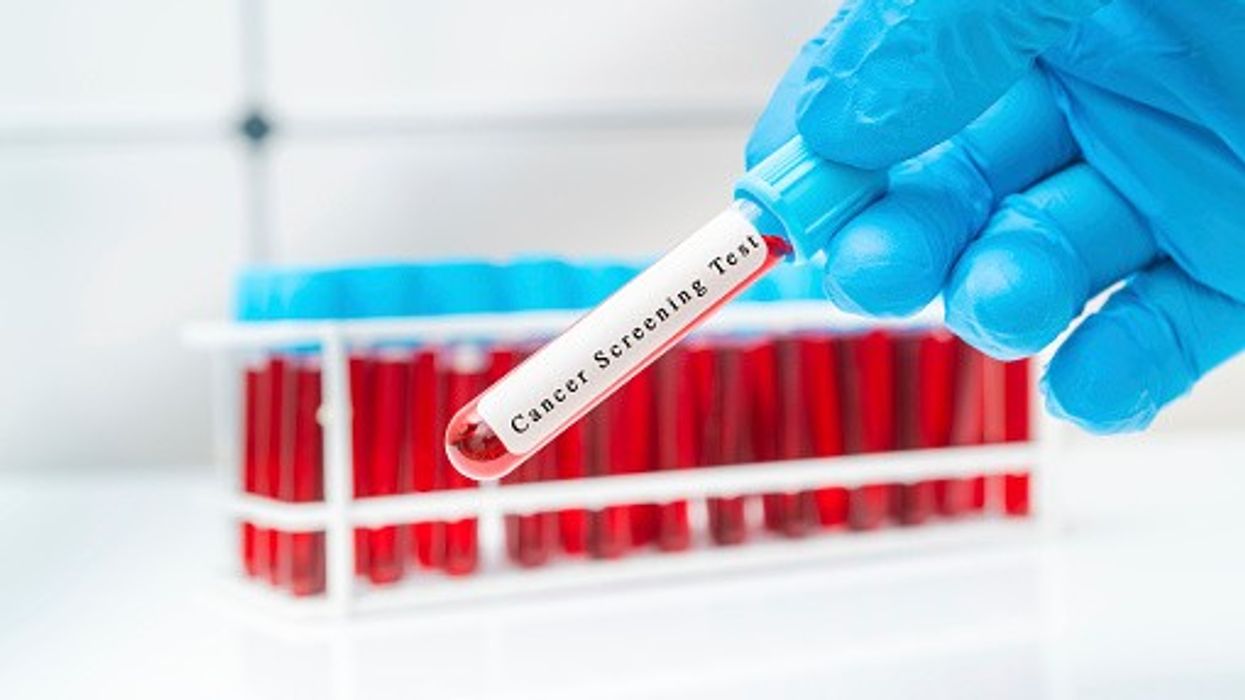The TLHC programme led to the earlier diagnosis of over 5,000 people with lung cancer since its launch in 2019
More cancers are being detected earlier in England, thanks to a major drive by the NHS encouraging people, particularly those at higher risk due to hereditary or lifestyle factors, to come forward for potentially life-saving screenings.
According to a new NHS analysis, early cancer diagnosis in England has reached its highest level ever.
The NHS data of the most common cancers, including breast, prostate, and lung cancer, shows that almost three in five patients are now being diagnosed at stages one or two, when the cancer is more treatable.
More than 58 per cent of all common cancers (206,038) diagnosed between September 2023 and August 2024 were identified at an early stage.
This marks a 2.7 percentage point improvement compared to pre-pandemic levels, equating to an estimated 7,000 more patients being diagnosed at an early stage.
The NHS has introduced initiatives like the Targeted Lung Health Check (TLHC) and Liver Health Programmes to detect cancers earlier.
These programmes use mobile scanning trucks and vans that go into the heart of communities, offering in-depth checks to people at shopping centres, sports stadiums, food banks and supermarket car parks.
Since its launch in 2019, the TLHC programme has led to the earlier diagnosis of over 5,000 people with lung cancer, NHSE data reveals.
“Lives are saved when cancers are caught early,” said Dame Cally Palmer, national cancer director for NHS England, highlighting the benefits of the early cancer detection drive.
“There is still much more to do to save more lives and we will not let up in our efforts to catch more cancers earlier, where treatment is more likely to be successful.”
“NHS teams across the country are continuing to take tests and checks closer to people who need them, and with new treatments being made available all the time, we will continue to do all we can to get people seen and treated for cancer as early as possible,” he added.
Professor Peter Johnson, NHS England’s national clinical director for cancer, noted that as life expectancy increases and the number of people developing cancer continues to rise, the NHS diagnosing more cancers than ever before.
He encourages people who suspect they might have signs or symptoms of cancer to get checked so that they can get treatment promptly.
According to Cancer Research UK, lung cancer is the most common cause of cancer death in the UK, accounting for about 21 per cent of all cancer deaths in females and males combined (2017-2019). The next most common causes of cancer death are bowel cancer (10 per cent ), followed by prostate cancer, and breast cancer (both responsible for about seven per cent of all cancer fatalities).













